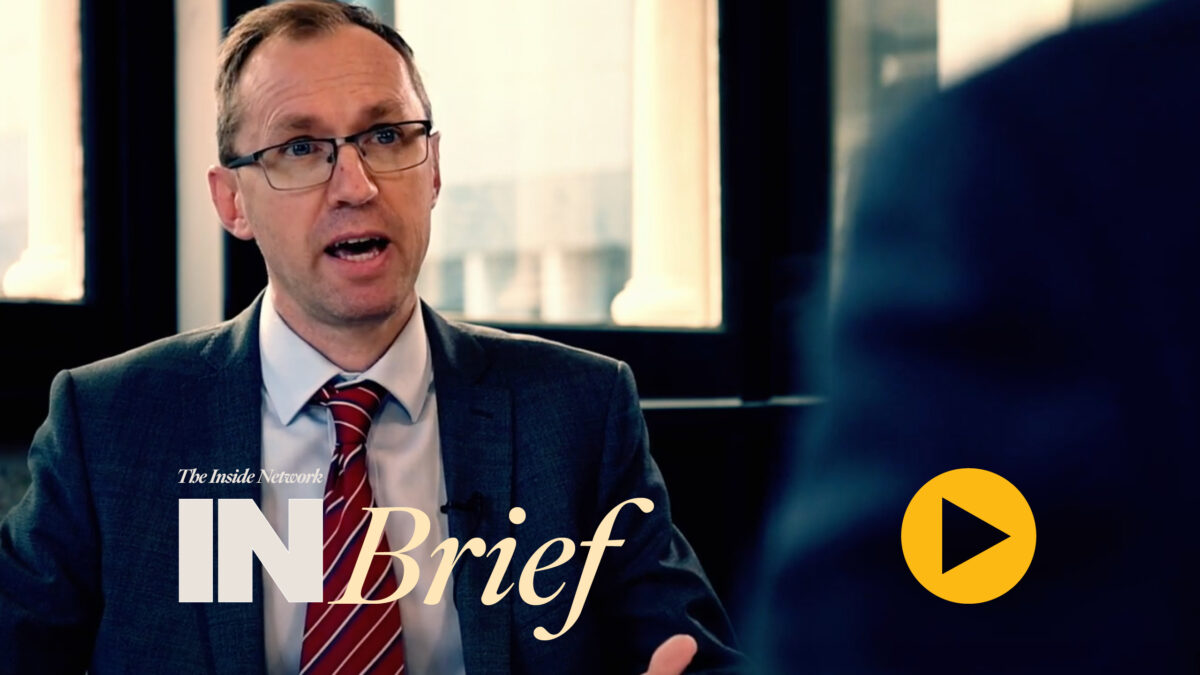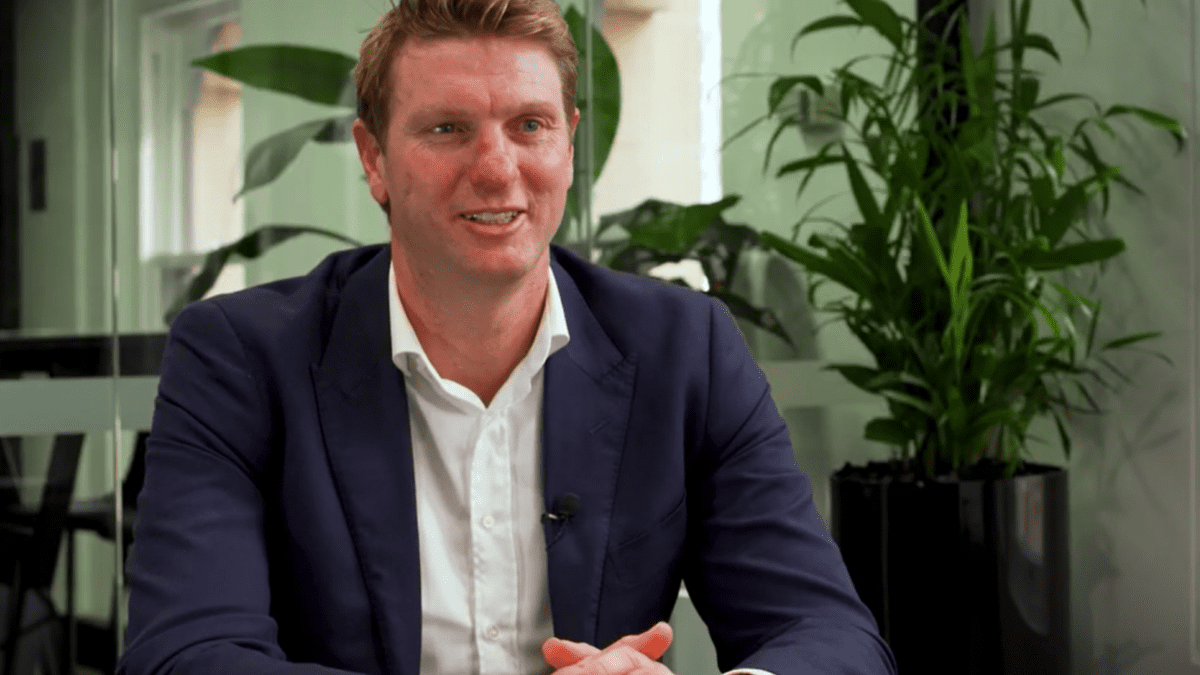-
Sort By
-
Newest
-
Newest
-
Oldest
-
All Categories
-
All Categories
-
Alternatives
-
Asset Allocation
-
Crypto
-
Defensive assets
-
Equities
-
ESG
-
ETF
-
Fixed Income
-
Growth assets
-
Private debt
-
Private Equity
-
Property
The figures show quite a confusing picture. According to the data, an unemployment rate of 7.4 per cent is the worst rate Australia has seen since November 1998 despite the addition of 210,000 jobs, which is a huge increase.
The South China Sea conflict has largely been a case of ‘failure to act’ whilst the law of the sea has been flouted. China continues to exert military control over its neighbours over the hotly contested waterways, completely unabated.
While more and more Australian investors get comfortable with investing overseas, it’s fair to assume that Latin America is not on most people’s map of the investable universe – “there be dragons,” as the old mariners used to say.
Liquidity is said to be the driver of this cycle. No hiding here as central banks provide largesse without restraint, while governments fret about re-election cycles to spew money at any likely voter.
Alignment of interest is a concept basic to a great many modes of human behaviour yet in the funds management sector it does not necessarily receive the attention it deserves.
Often dubbed the ‘original fintech’s’, the wealth management platform space is becoming a highly competitive area as disruptive innovative start-ups threaten the status quo and cashed up platforms actively acquire businesses to leapfrog ahead. Following on from the Royal Banking Commission, a record number of advisers shifted towards non-aligned financial advice, away from a vertically integrated banking world. Consumer led demand has forced advisers to become a lot more mindful that the selection of the right platform can significantly impact the outcome for their businesses and their clients.
The broad ESG framework is experiencing a sea change. In the past, governance and environmental issues sparked investor interest, a paradigm COVID-19 is challenging. Although climate change remains a major global issue, rapidly changing economic and financial circumstances induced by COVID-19 have investors focusing more on social issues and societal challenges.
Investors are realising that without meaningful technology exposure, their portfolios are missing a major growth driver. However, the difficulty of picking individual stocks should not be under-estimated, with the innovations and business models of many tech stocks hard to grapple with.
For much of the investment industry, committing to ESG (Environmental, Social and Governance) has become a recently-adopted core belief. A concept that was brought into focus 15 years ago at the 2005 Who Cares Wins conference, which examined its role in asset management and financial research, ESG has now become entrenched across the industry. Although there are still widely varying degrees of commitment to ESG, investing today in assets that adhere to these principles comfortably exceeds $US30 trillion – and is growing rapidly.
INBrief
Andrew Canobi – Franklin Templeton
INBrief
Andrew Canobi – Franklin Templeton
The days of thinking wholly in terms of traditional asset classes when it comes to portfolio construction may have been numbered for some time; in Australia, the Future Fund’s statement of investment policies, when it started its investing life in July 2007, was perhaps the first sign that there could be a new way of thinking, with the usual categories of equities and debt securities subordinated to a distinction between “tangible” assets (defined as property, infrastructure and utilities, in listed or unlisted form); “alternative” assets, considered to include a range of risk premiums (for example, commodities and futures and insurance-based strategies); and skill-based absolute-return investments, or “intangible” assets.















